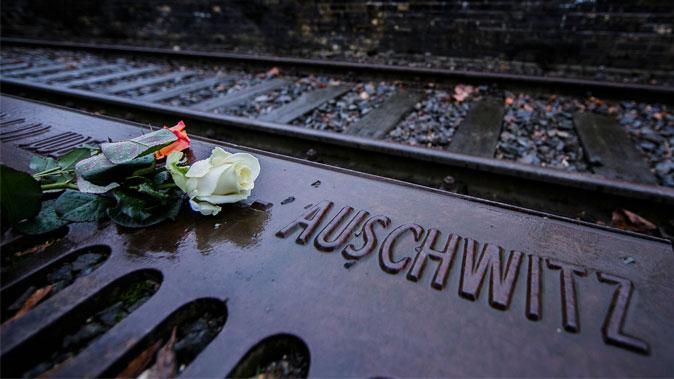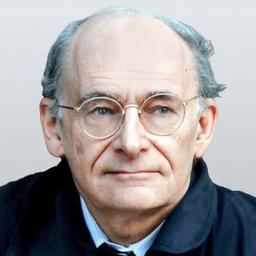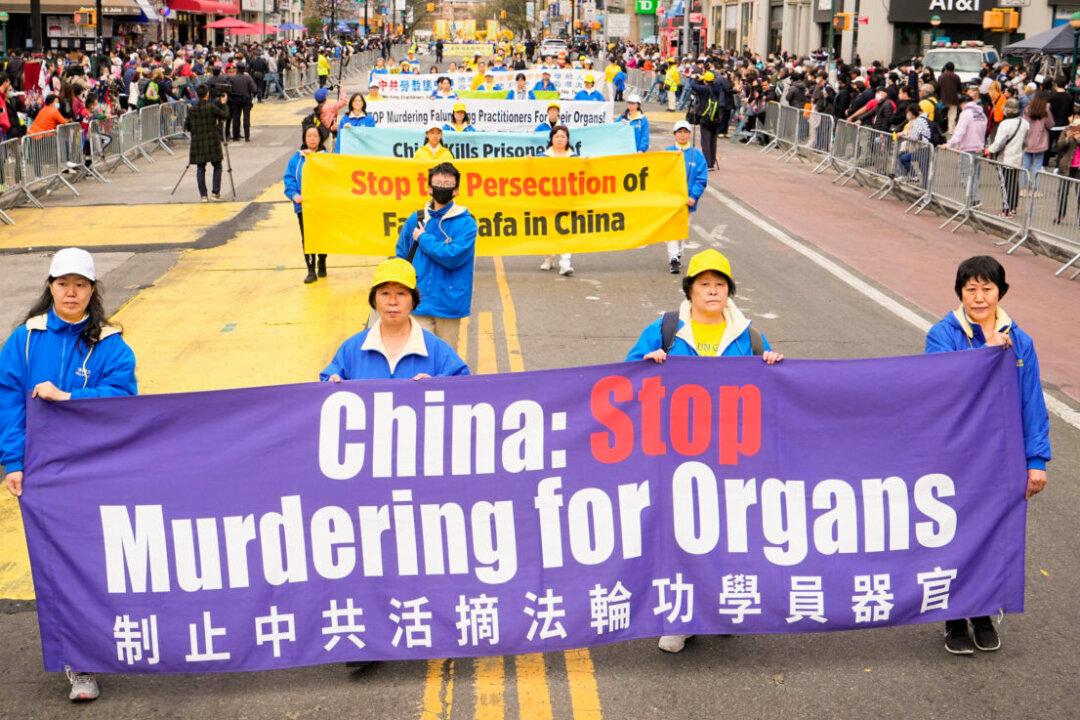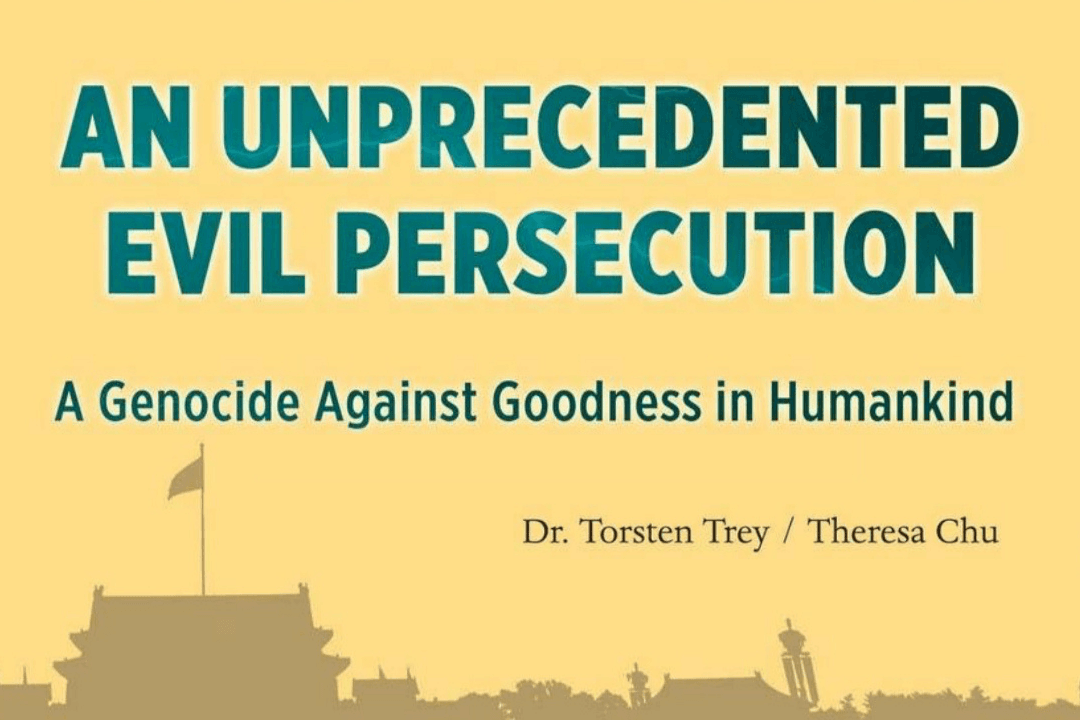January 27 is the anniversary of the liberation of Auschwitz, the day the United Nations General Assembly designated by a resolution passed in 2005 for commemorating the Holocaust. I, along with many others, will be going to Auschwitz tomorrow to remember that liberation in the place where it happened.
Today, I want to say a few words about best we can commemorate that horror. What should we remember when we remember the Holocaust? I suggest two things. We should remember what about the Holocaust was distinctive. And we should remember the lessons we can learn from the Holocaust to apply to other atrocities.
In talking about other atrocities, we have, regrettably, a wealth of examples from which to choose. I will focus on only one, as a case study, the compelling evidence that practitioners of Falun Gong have been killed in China in the tens of thousands for their organs which are sold to transplant patients. This is, I believe, an instructive example because the Nazis in Germany then were—and the Communists in China now are—in government in a country of global force.
The Holocaust was an experience unique in human annals. We must beware of false analogies, equating other atrocities with the Holocaust. Yet, we must not isolate the Holocaust from the rest of human experience.
The Holocaust was unique in its disconnection from reality. Other genocides grow out of political and ethnic conflicts. While the killing of innocents is always irrational, one can see, with other genocides, the politics that led to the genocide. In contrast, with Nazi Germany, there was no such context or explanation. Historian Yehuda Bauer writes:
“For the first time in history, the motivation [of the genocide] had little, if anything, to do with economic or social factors, but was purely ideological, and the ideology was totally removed from any realistic situations.”





